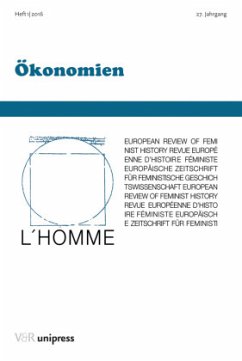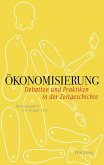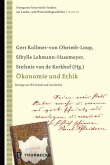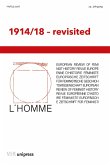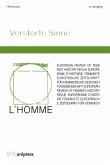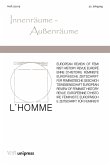The financial crisis, growing social inequality, precarious employment contracts against the backdrop of growing migrant populations have pushed "the economy" into the forefront of current socio-political debates. The articles in this issue rely on a broad definition of economics and inquire into the interaction between gender and other differential categories in the context of material culture, loans, debt and asset arrangements. The economic actions of men and women are proving to be very closely linked with social relationships and logics - indeed well into the 20th century. The extent to which cultural phenomena have influenced economic sectors, gender hierarchies and regulatory authorities becomes manifest at once. The articles also demonstrate the potential of a history of interconnections, thereby contributing to a more comprehensive understanding of economic processes.
Bitte wählen Sie Ihr Anliegen aus.
Rechnungen
Retourenschein anfordern
Bestellstatus
Storno

